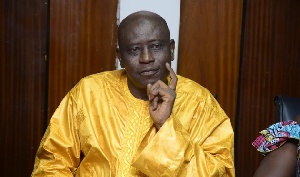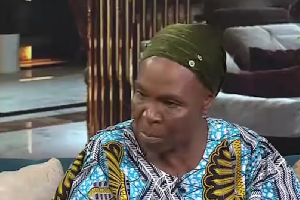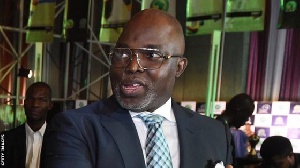Mercy360 Blog of Thursday, 21 November 2024
Source: Mercy Mensah
Dr. Benjamin Agordzo praises Ghana's 2016 election as exceptionally peaceful

Ghana's 2016 general election was a remarkable success, widely regarded as one of the most peaceful and well-organized in the country's Fourth Republic. According to Dr. Benjamin Agordzo, a Police Planning Officer at the UN Mission Support for Justice Reform, this achievement was no accident, but rather the result of deliberate strategies .
Some of the key factors that contributed to the election's success include:
- *Strengthening the Electoral Process*: The Electoral Commission of Ghana worked to enhance transparency and credibility, introducing reforms such as the National Collation Center to coordinate results from constituencies .
- *Building Capacity for Peaceful Elections*: The National Peace Council, supported by UNDP, facilitated dialogue sessions with peace stakeholders, including governance institutions, media, and civil society, to evaluate their roles in previous elections and learn lessons for the 2016 elections .
- *Promoting Active Participation of Women and Youth*: Initiatives such as the Women's Situation Room and the #MoreWomenInParliament campaign encouraged women's participation as voters and candidates .
- *Peace Dialogues and Constituency Engagements*: The National and Regional Peace Councils, supported by UNDP, held peace dialogues and constituency engagements with political party representatives across the country .
These efforts paid off, resulting in a peaceful and credible election process. Unfortunately, the 2020 election was marred by protests from the opposition National Democratic Congress, who described the results as "flawed" and alleged intimidation by state security forces .


















